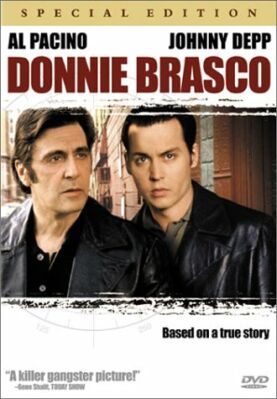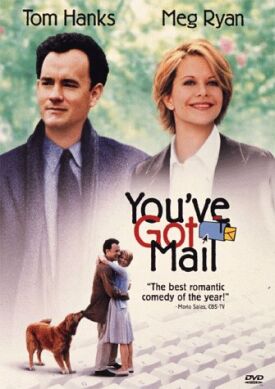House of Yes, The
The House of Yes, directed by Mark Waters and adapted by him from the
stage play by Wendy MacLeod is enough to make you feel sorry for the Kennedys.
Its occasional flashes of wit and its more persistent intellectual
superciliousness have no other point than redundantly to assert that somehow
(the means can be left to psychologists) celebrity and money and aristocracy and
madness and kinky sex and murder and poisonous families all go together. Imagine
something like this a hundred years ago. If this had been played upon a stage
then, the world would have condemned it as an improbable fiction. But now that
short list of things we call
“real”
affords a place for the wildly improbable to become not only the plausible but,
indeed, the certainly true.
Marty Pascal (Josh Hamilton) comes home from New York to his
family’s estate in suburban Virginia
for Thanksgiving, 1983, bringing with him his fiancée, Lesly (Tori
Spelling) a rather dim but
“sincere”
girl from Pennsylvania who works in a doughnut shop in New York. The estate is
said to abut that of Ethel Kennedy in Maclean.
Marty’s family, however, are the
anti-Kennedys. His father disappeared on the day that John Kennedy was shot in
Dallas. Marty’s sister, known only as
Jackie-O (Parker Posey), insists that their mother (Genevieve Bujold) in fact
killed their father that day—to prevent him from leaving— and buried his body
in the back yard. But Jackie-O is mentally ill. She is obsessed with acting the
part of Jackie Kennedy, even to the point of buying an identical pink chenille
suit and pillbox hat to the one Jackie wore in Dallas, and smearing ketchup and
macaroni (to simulate brains) down the front of it.
She is on heavy medication after having shot Marty some years before—because
they, brother and sister, had had a sexual relationship and she was fiercely
possessive. You can imagine what she thinks of Lesly. Also present in the
household is Anthony (Freddie Prinze Jr.) who feels shut out by the closeness of
his two siblings and immediately falls for Lesly too. The family all talk to
each other and to Lesly with a mixture of Pinterian obtuseness and a very
mannered, literary cleverness. The two do not mix well together on the silver
screen. Jackie-O apologizes to Marty, for instance, for having shot him.
“I
didn’t mean to maim you. I only meant
to kill you.” Then she reproaches him
for bringing home Lesly, since, as she says, she
“went to a lot of trouble to get
sane” for him.
“A person gets her heart set on a
certain thing—a person doesn’t get a
certain thing, she goes insane.” She
turns to Lesly: “You
don’t think
I’m
insane?”
“No.
You’re just
spoiled.”
“Oh, please. If
we’re going to start telling the
truth, I’m going to
bed.” Likewise, when Anthony accuses
his siblings’ heavy-handedly ironic
display of “familial
concern” of being only
“playing the familiar concern
game,” Jackie-O says:
“Don’t
be so sincere, Anthony. It’s
declassé.”
Marty explains his love for Lesly by saying that he wants to be normal, but
mother proves to be right when she tells him,
“It’s
a little late for that.” When the
power goes off in a storm and mother finds she
can’t cook the Thanksgiving dinner, a
series of increasingly bizarre events occur, involving sexual jealousy, sexual
revenge, the strategic revelation of shocking secrets and the Kennedys are
dragged in again for parody assassinations with a real gun and ammunition that
may or may not be live. It’s a lot of
trouble to go to just to prove that families are toxic, but at least the black
comedy is not very funny.
Discover more from James Bowman
Subscribe to get the latest posts to your email.







